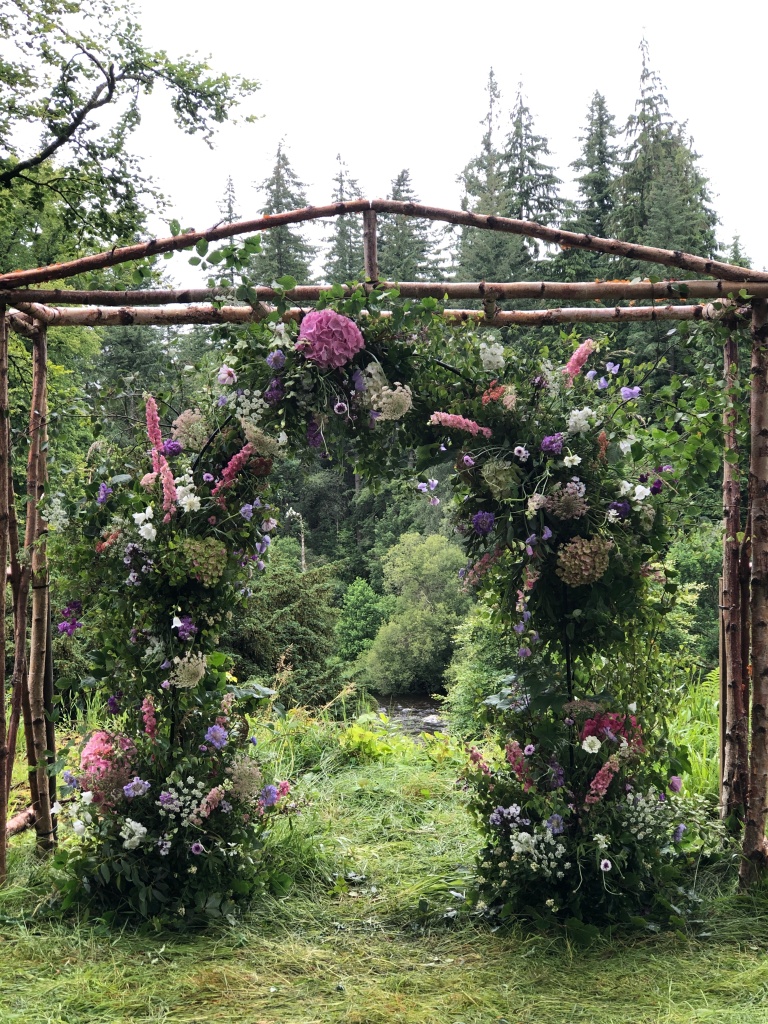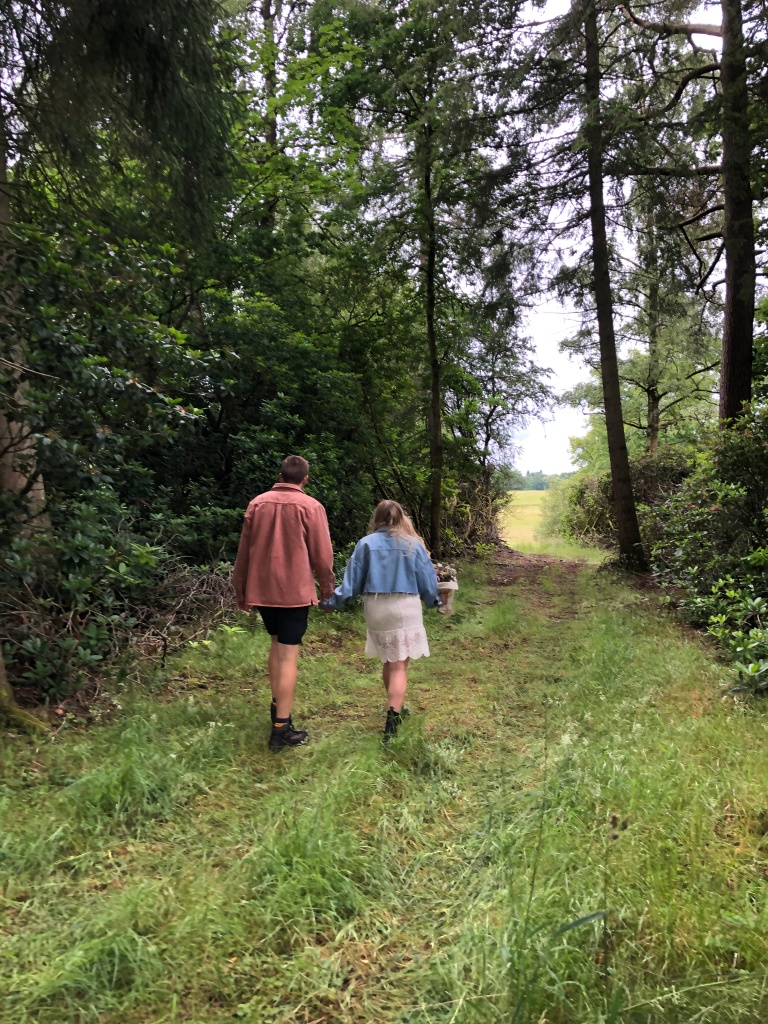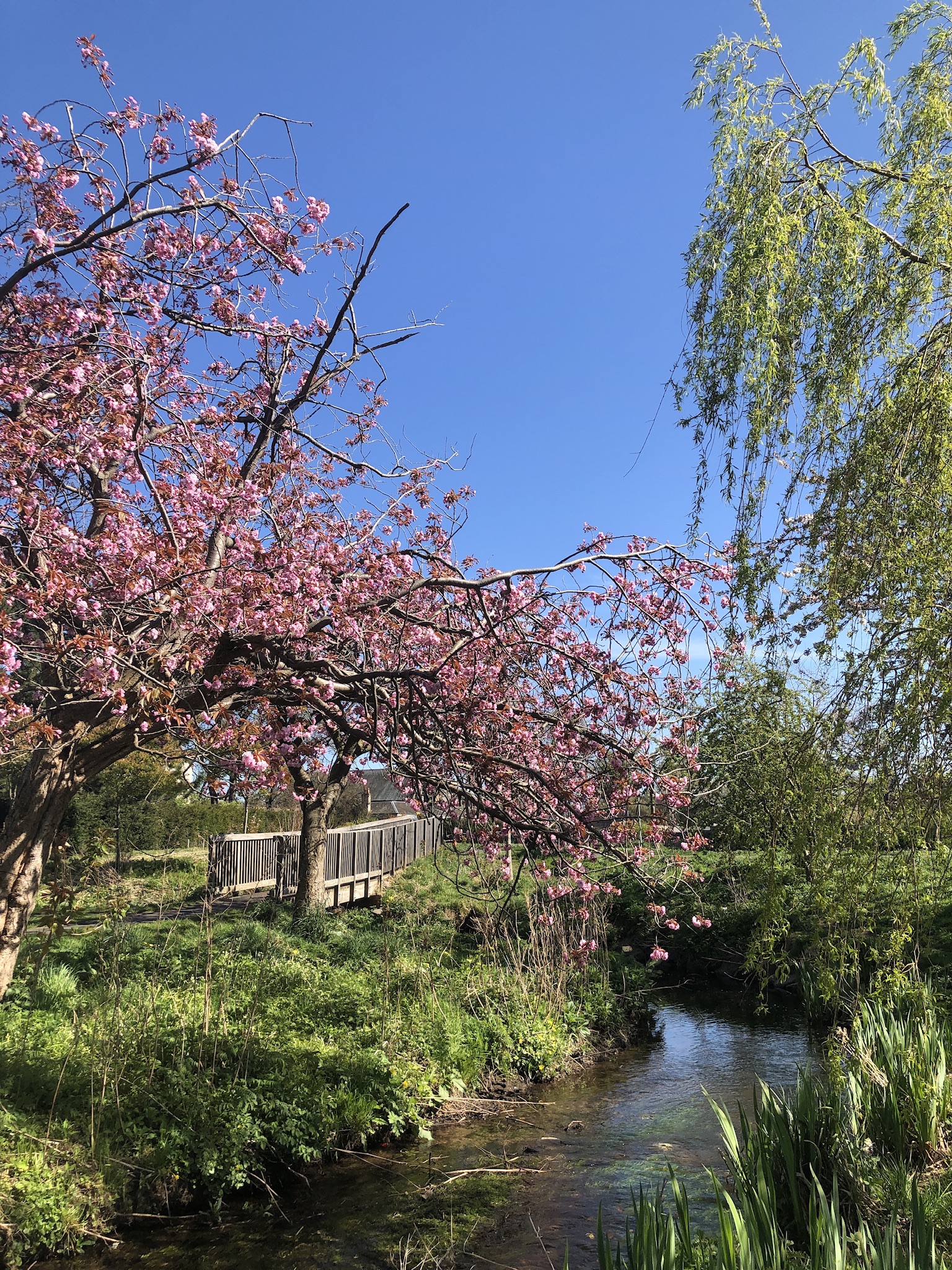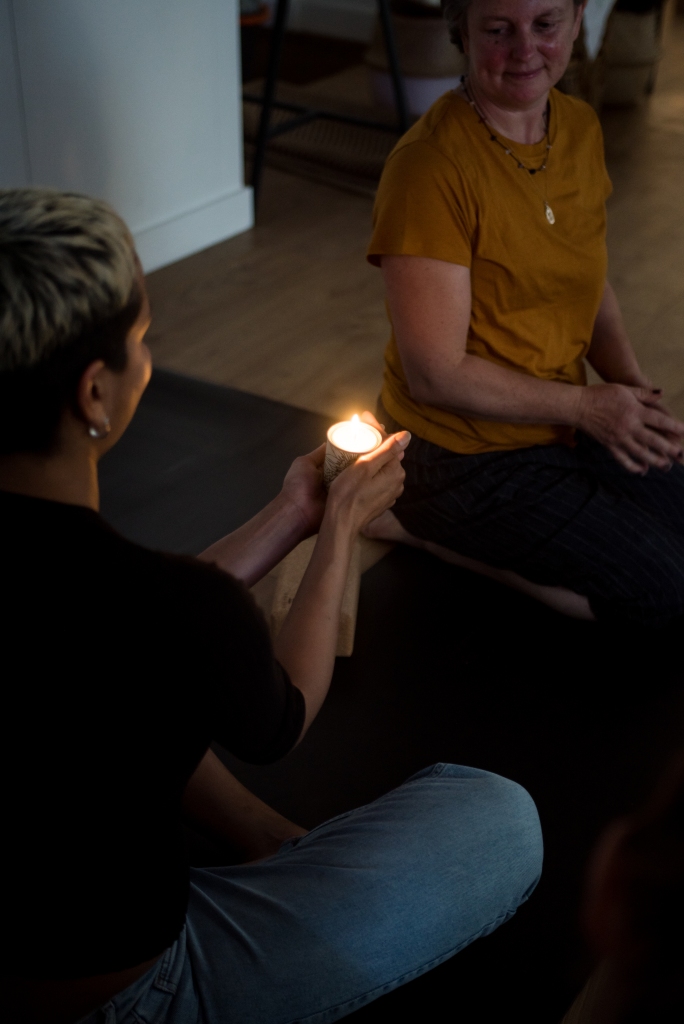Tag: celebrant
Celebrant Q&A with Raini Rowell
At the end of last year Elopement photographer Raini Rowell reached out to me with an idea of putting together a blog that she could share with the couples she works with. Raini is keen for couples to know all their options when it comes to marriage ceremonies and Celebrants in Scotland.
Some questions and prompts were kindly sent to me to ponder and I thought I’d share the answers here with you. Think of it was a way to get to know me, and my practice as an Agnsotic Scotland Celebrant, a little bit better.
Raini’s blog will be coming soon
Thank you Raini 🌙
What made you want to become an Agnostic Celebrant?
I didn’t set out to become an Agnostic Celebrant. I set out to become a Celebrant and actually I really feel the role, and title, of Agnostic Celebrant found me.

I am not religious but I would say that I have always had a level of, what you might call “modern spirituality”, and I feel that is still true today.
When I decided to train as a Celebrant I began to explore my own spirituality and norms, beliefs and values, a little further. This exploration confirmed to me that my way of thinking about individual belief was strongly agnostic and that our own thoughts, feelings and observations about god and spirituality, indeed about everything, are subjective and I really respect and value that.
A priority for me is to consider others and do no harm, so I feel it’s how I behave and how I treat others that’s important not what I believe or don’t believe.
I chose to train as an Independent Celebrant offering what I would call an ‘agnostic’ choice to couples and families.
Choice is the key word here for me. It became clear very quickly that there was a demand for this type of practice and ceremony. There were many people who were looking for more nuanced ceremonies that were unique to them, their beliefs and values yet may embrace elements of faith, spirituality and ritual.
Couples should be able to decide how they choose to mark the commitment they are making to each other through their marriage ceremony whether that’s religious or secular, mixed faith, traditional or unconventional.
It wasn’t long before I came across two other Independent Celebrants who were working with a similar philosophy and practice so we began to collaborate and created Agnostic Scotland.
Now there is a additional option in Scotland for couples and families and a growing community of like minded Celebrants, individuals and families.

How would you describe an Agnostic ceremony for couples who have never heard of it?
It’s all about you.
Both of you – as individuals and as a couple.
It’s not about what I believe or what the organisation believes. It’s non-dogmatic, open-minded and collaborative.
Every element of the ceremony is woven with your own unique blend of hopes, beliefs and values, whether these include elements of faith-based, spiritual or non-religious ethos. All the words, rituals, music and maybe much loved traditions included are entirely your choice.
My role is to hold space, inspire and guide as we co create your ceremony and then to hold space for you both on your wedding day, to not for you to just say and hear your chosen words, but to feel them in every part of your heart and body from the tips of your fingers to the tips of your toes.
Some of the couples I work with do wish to include or recognise an element of faith or faiths in their ceremony often this is in a bid to offer a beautiful embrace to their family, their upbringing or culture. Or all three!

What do you wish couples knew before choosing a celebrant? (any tips/pitfalls to avoid)
First of all, Humanist is not synonymous with Celebrant. This will help widen your search if you are looking for a Celebrant rather than a Humanist Celebrant specifically.
Secondly, and it links to number one, there is such a lot of choice for non religious legal marriage here in Scotland.
It’s so important to me that couples are aware they have a choice. I would encourage couples to do their research, talk to people, search on the internet, social media, educate themselves and try to get an understanding of what the different choices and belief bodies are in Scotland. A Celebrant that was right for your sister may not be right for you.
In regard to legal marriage there are Civil Ceremonies with Registrars, there are different branches of Humanist Celebrants, are also Interfaith Ministers, Pagan Celebrants and since last year, Agnostic Scotland Celebrants.
There are also Independent Celebrants – many couples choose to have a wee ceremony and register their marriage with the Registrar, just as you would a birth, then have a non legal Ceremony led by an Independent Celebrant at another date.
It’s fantastic that there are so many options.
It is so important to choose the Celebrant and the practice that is right for you both.
My practice as a Celebrant is underpinned by developing relationships, supporting choice, collaboration and having fun.
What can a couple expect from an agnostic ceremony?
No dogma, we don’t stand up for 5 minutes sharing our views on Agnosticism before your ceremony starts. It’s your ceremony. You’re free to create the ceremony you want for your marriage.
The only stipulations are is that it is safe, respectful and does no harm

What makes having an Agnostic Celebrant different to other types of celebrants?
All of the above and I would add our awareness of inclusion, equity and our responsibility to couples and families as well as our creativity, our love of community and our attention to detail.
Are there any requirements/restrictions to be aware of?

Lots of restrictions at the moment but we won’t go there….
As Officiants, when conducting a marriage ceremony there are some short sentences of legal declarations and pronouncements that must be included but they are beautiful and exciting. You’ll know them well.
Or a favourite part of the ceremony?
I always love ritual, any ritual. Hand fasting, sharing the Quaich or loving cup, bringing in the natural elements through ritual, anything the couple want to include. When couples choose to come to Scotland from overseas it’s so good to learn about, and include, marriage rituals from their culture too.
At the moment I also love surprises. For example a couple may choose to include ‘5 things I love about you’. Here, the couple share 5 things, it can be more, that they love about their partner with me, only with me, and we may need to edit, tweak a little, but I find these usually align beautifully. During their ceremony they share these with each other.
Words of love spoken to, and heard by, each other for the first time during their wedding ceremony – oh my heart!
I really find it rather moving, and also fun, when the couple invite someone to read or recite poetry and that person writes the piece themselves. At a recent ceremony, of a couple who had been together for over 37 years, a very close friend who had travelled on the journey of their relationship and planning the secret wedding, wrote a poem and recited it beautifully. It was funny and fantastic and one of a kind.

What type of couples do you normally marry? Is there anything they have in common?
Interesting question.
When I first thought about this I didn’t think there was a ‘type’ but now on reflection I feel is the couples I work with have considered an element of faith or spirituality for their ceremony, even if they are of no faith. They don’t want their officiant to have a dogma but they may want to give a nod to a faith or a spiritual element that they are aligned with through family, culture or their life’s journey.
Also I notice that many of the couples I work with are acutely aware of the carbon footprint of a wedding, sustainability, supporting small business and what is going on in the wider world in regard to cultural appropriation, equity and diversity.
As well as the above I find that couples I work with are very creative, they are keen on outdoor ceremonies, small, intimate ceremonies (not just due to restrictions) and they are very motivated to co-create their ceremony.

How do you treat elopements differently to bigger wedding ceremonies? (if at all)
I wouldn’t treat the process, co-creation and collaboration any differently but what I do find is, if the ceremony is really intimate, so just includes the couple and two witnesses, it doesn’t have to be quite as performative in the way a ceremony may tend to be when there is a larger group of guests. At a larger gathering some guests won’t know the nuances of the couples story or indeed only know one half of the couple. I feel intimate ceremonies have potential to be a more personal but fundamentally, it is about what the couple want. So whether it’s an elopement or a large gathering, ‘the love homework’ which is what I call the couples part of the work, the collaboration and the relationship I build with the couple guides us to creating the ceremony that is right for them.
Do you have any additional advice for couples eloping to Scotland from overseas?
First of all, though we’d love to see you, please wait until this pandemic is over and while you are waiting have a good look through the National Records Scotland website. It tells you everything you need to know and don’t hesitate to telephone them if you need clarification. Take your time to find a local Elopement photographer/videographer or even an Elopement Planner. Look at instagram, it’s a rich resource, as well as websites. You want to find someone who knows Scotland, the lay of the land, the elements, the sunrises, sunsets, light levels and beasties. Also consider using local florists, dressmakers, as well as intimate unique accommodation too. When you embrace Scotland and all it has to offer it will embrace you and your love forever
Do you have a favourite place you’ve married someone?
I don’t have a favourite place but I must say I love outdoor ceremonies amongst mountains, woodland and on the fantastic beaches (and again, not just because of Covid-19). As for indoor ceremonies I’m really excited when couples go for different spaces and places for ceremony such as a vintage double decker bus, a micro brewery, or places that are meaningful to them like a bookshop, their granny’s back garden or their allotment.
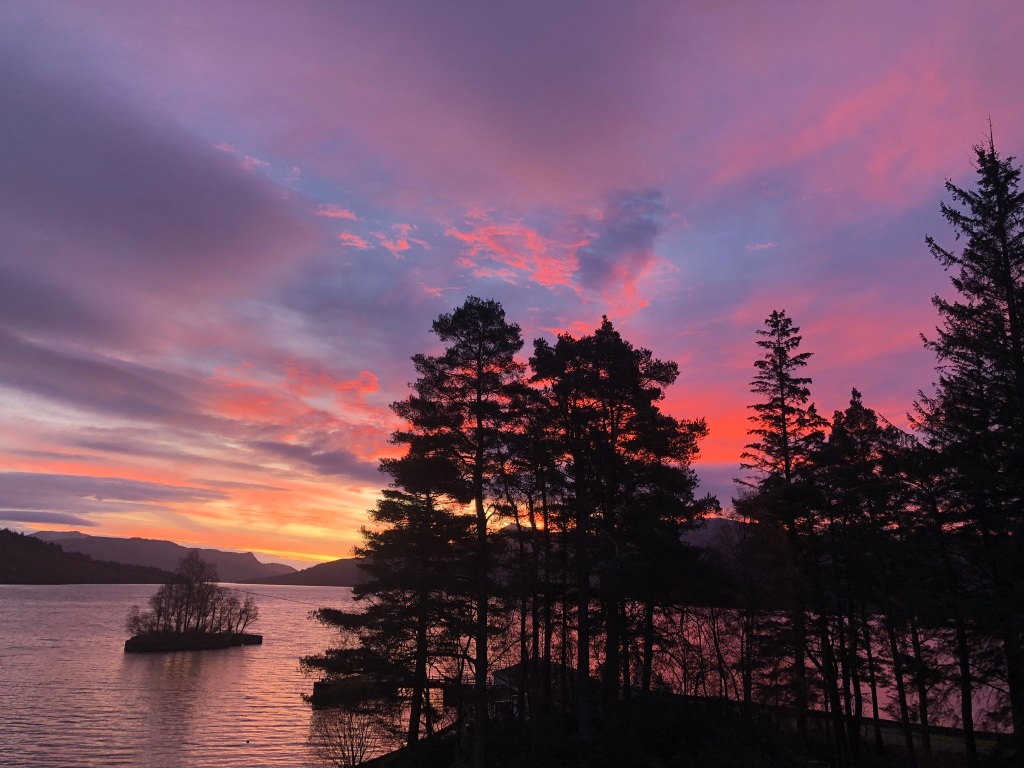
What do you think makes Scotland such a special place to marry?
Oh my…. I am totally biased here because I am Scottish, it’s my home and I so love everything about the place, but I’d say:
the rich history
and the mystery,
the gloom, Scotland is a mood
the diverse landscape ….
oh my, the beaches …
I have travelled a lot and compare beaches all the time
Scottish beaches are just stunning,
the people,
the nostalgia,
the architecture,
the quality of the light,
the dreich,
the humour
the clear bright blue skies,
the cities
and our passion
for companionship
and LOVE
Mingling with Love
So grateful to be easing out of lockdown and easing back into wonderful teeny tiny weddings.
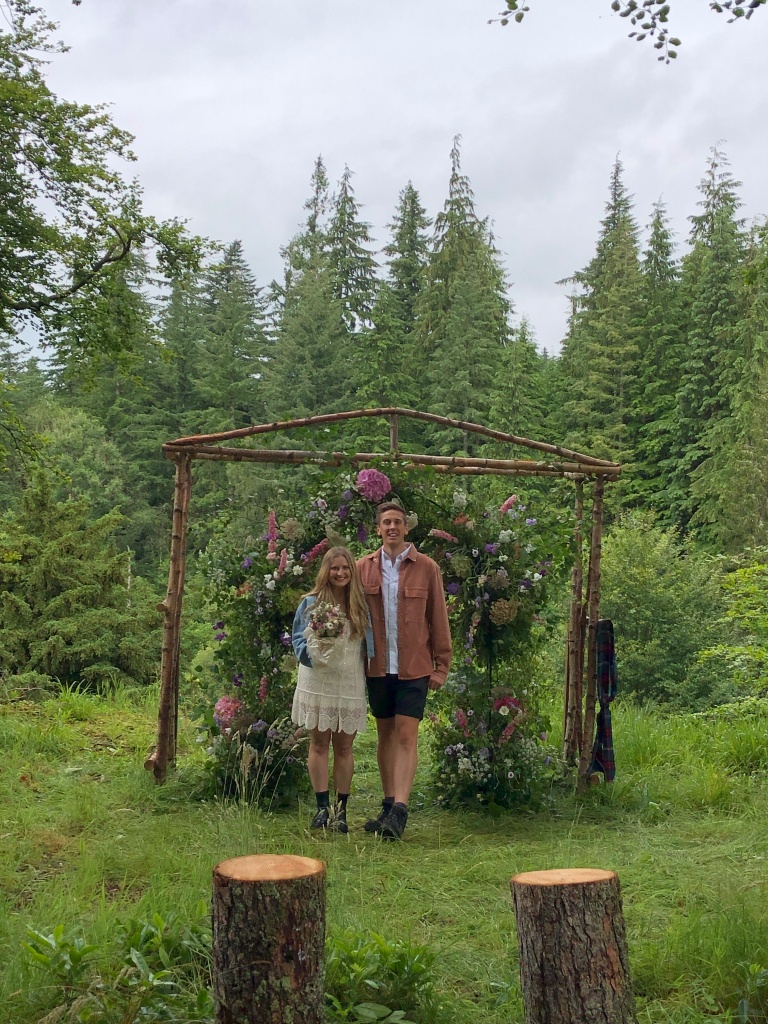
At the weekend, after a year or so of planning and creating, Kirstin and Chris were married in the calm oasis of Lanrick Estate.
Like many couples Kirstin and Chris had to change their original plans quite dramatically but during that process found that they were able to reconnect with what was important to them and also what their wedding day meant to them.
We all kept a very close eye on the Scottish Government Route Map and were able to move quickly once restrictions began to lift.
With physical distancing and current restrictions adhered to the staff at Lanrick Estate prepared a beautiful space, a circle, for the ceremony.
Before the ceremony started everyone stood outside the circle and we shared a few words on the symbolism. We recognised the huge changes going on in the world and the collective energy that that was creating. What we aimed to do was step into the circle and leave the rest of world outside just for a short time while we focussed on Kirstin and Chris and their love, their declarations and their vows. We stepped into their circle with reverence aware that when we stepped out we’d all be changed in some way.
Kirstin and Chris would be walking into the world as man and wife, into the next stage of life together, there would be deepening family connections and we’d all feel a little bit more love.
And so it was.
As celebrants I’m sure we all treat our work, and relationships with, families and couples with the reverence they deserve. My favourite definition 👇🏼
| rev·er·ence | |
| definition 1: | an attitude or feeling of profound respect and awe mingled with love |
Say it out loud …..

Though we are still in lockdown here in Scotland there is a tiny wee light at the end of the tunnel with the publication of the Scottish Governments Route Map. To get to that light, to the other side of the tunnel, it is going to take quite a bit of navigation, risk assessment, good communication, empathy and kindness. Safety is a priority and this will add to worries and anxieties in regard to decision making around wedding days, guest, celebrations, ceremony choices and, even, the rituals a couple may wish to include in a ceremony. Having anxieties and worries is very much part of the normal human condition, totally normal, but they can be repetitive, with the same rhythms, cycles and patterns and this can wear you down. Of course, at the moment, all our regular worries and anxieties are amplified by the current situation, with plenty of new concerns thrown in. The discomfort I spoke of in an earlier blog is still with us all and will remain for a long, long time. It’s something I’m learning to live with and I’m sure you are too.

I was reflecting recently on what I find helpful when I am faced with increased worries or anxieties and I began to remember all the ways I used to, and still, support my daughters when they experienced stress or anxieties. One of the things I did when they were primary school age was give them Worry Dolls. The Guatemalan or Mexican dolls are confidantes of sorts. Thought to be based on a Mayan legend about a princess who received a special gift from a sun god that allowed her to solve any problem a human could worry about. The tiny dolls represent the princess. At the end of the day before bed you share your worry with the doll and then pop it under your pillow. The doll worries about your problem instead of you so you can get a good nights sleep. Perfect!
It’s actually a really tender and beautiful tradition or ritual that can be deeply soothing. It’s basically a chance to say your worries out loud – to the dolls – and in turn they, to an extent, give you the wisdom to acknowledge, and the power to eliminate, your worries.
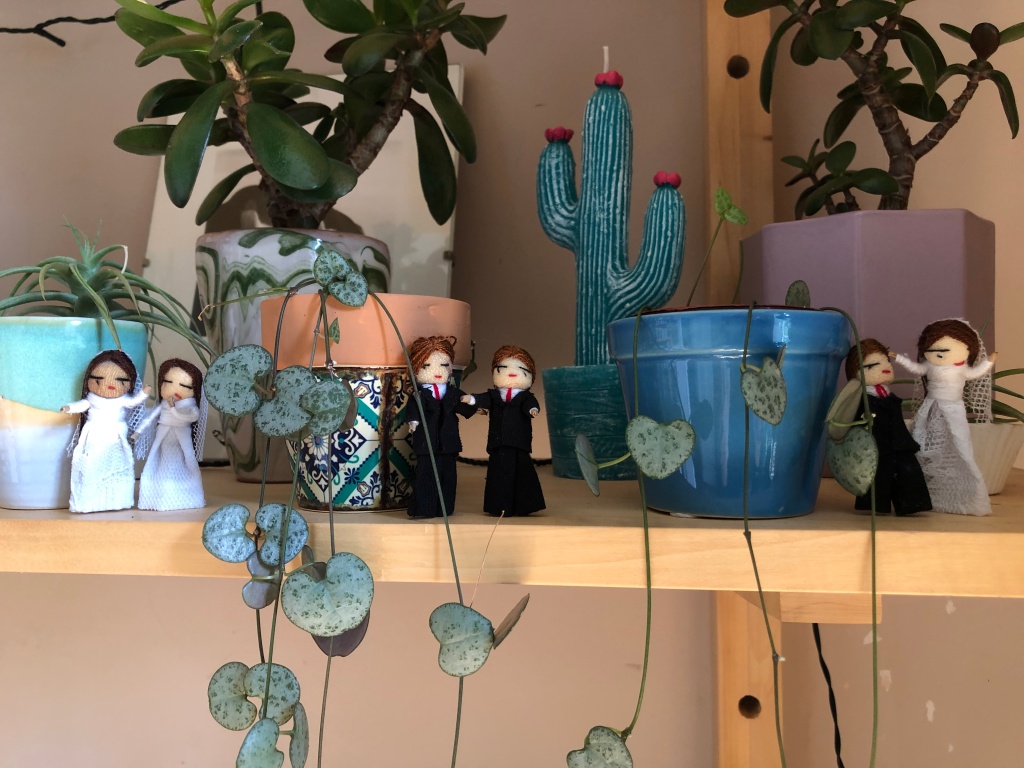
It could be interpreted as a powerful ritual that gives you a choice. You can choose to transfer your worries, hand them over, share them. This ritual can help you realise that you have the power and choice to do that.
Externalising the problem makes it seem less intimidating and much more manageable as a result. If you share it with the doll you may then feel you can share it with your loved one, family or friends. A problem shared is a problem halved as the old proverb goes.
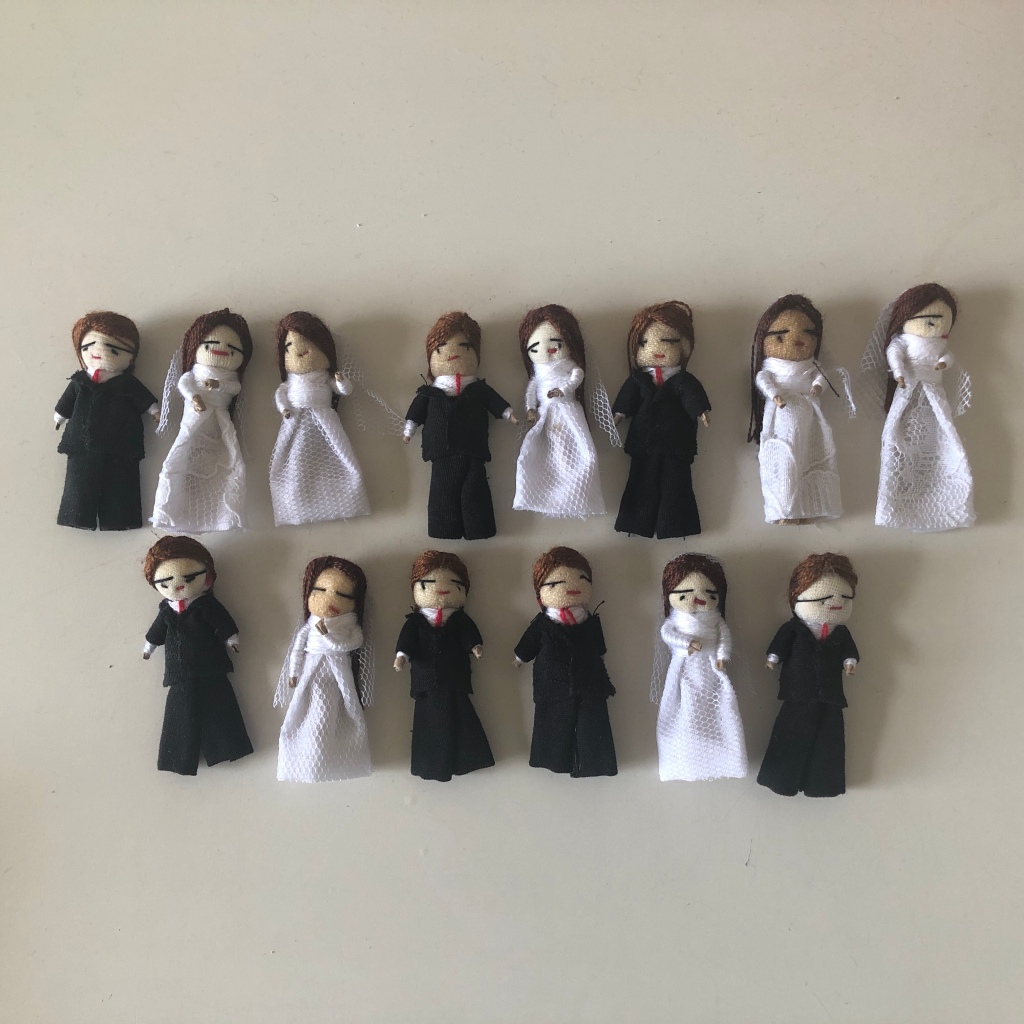
I came across a Worry Doll App recently which is so sweet. I also found some wedding worry dolls in Edinburgh recently, perfect for couples preparing and planning to get married, especially in the time of corona. I love this gang of couples. If I’m your celebrant watch out for a wee wedding worry doll couple winging their way to you soon to help voice your anxieties, share your worries and maybe even get a good nights sleep.
All things seem possible in May
We have spent the whole of April in lockdown. In the scheme of our lives it’s a teeny, tiny fraction but the impact on everything in our lives, about our lives, and our future, is huge. While we may feel in limbo, stuck and fed up waiting for life to begin, the Earth keeps turning and the wheel of the year keeps revolving.

So as we say farewell to April and move into May we are half way between the spring equinox and summer solstice. This is a time where we can, instinctively, feel more energetic, outgoing, creative and active. We have more daylight and warmer weather but in reality, at the moment, we probably feel exhausted by the lack of activity, the stress and the emotional labour of getting through every day. This is also normally a time where we get out and about more, enjoy feeling more relaxed due to connections with the natural world and other people but due to the pandemic and restrictions in place we may feel in constant low level survival mode. Life in lockdown does seem to have heightened many peoples awareness of the wonders of spring blossom, sunrises and sunsets at the moment though which is wonderful. Does the sky seem bluer to you? There is a vibrancy and an energy in nature just now that seems in direct contrast with what we are experiencing on the ground. Or are we just seeing everything with fresh eyes due to our situation? In Edinburgh spring, and the weather, in lockdown has been amazing!
This week I’ve been beginning to put ceremonies together for the couples I am working with based on the stories and conversations that we have gathered so far but it’s hard to connect with anything right now in any meaningful way due to anxieties and distractions. For me, when I create ceremony, my head and my heart has got to be in the right space. Just as when a couple gather together to share their story for their ceremony they have to be in the right headspace. Stress can kill the mood, and creativity.

So as we move into May tomorrow we find Beltane, a celebration of the forces of nature. This festival basically celebrates moving into Summer and the growing season but it also celebrates union. It is a time for recognising love and friendship but also for firing up energy while staying grounded.
I want to use this wee festival to get me off the corona coaster and try to create some positive energy and fire up some creativity even if it’s just for a few hours or a few minutes.
Tonight we are having a garden getaway, the tent is up, we’ll light a fire just after 7pm and at sunrise tomorrow I’ll go for a swim then teach a 7.30am May Day inspired yoga class.
“May, more than any other month of the year, wants us to feel most alive”
Fennel Hudson
The Beltane Fire Society have put together BOnfire – Beltane At Home and it’s a lovely programme of suggestions of activities and ideas inspired by the fire festival and you can do as much or as little as you like, online or offline.
WanderWomenScotland is also inviting people to get up at sunrise (5.28am BST) and welcome May their way.
Stay safe and well x
Who am I during COVID-19?
Over the last year I have been considering the concept of identity as I have been moving away from my role as a midwife into new roles as a Celebrant and Yoga teacher. Taking on different roles can cause a blurring of boundaries and it was only when I spent time on a Celebrant retreat that I could dive deep and look at what I needed for internal shifts to take place and see that these three roles were not separate but connected and aligned together through my passion for relationships, human connection and spirituality.
This move was something I had planned and worked towards over two to three years and when I arrived and recognised I had achieved my aim, instead of patting myself on the back and acknowledging I had followed the path I had set out for myself I began to feel somewhat lost as this change took me from a world of familiarity and confidence with a strong identity into a time of transition, fear and lack of self belief.
It was good to have some clarity after the retreat, it was an alignment of moments, and it gave me the confidence and freedom to begin to be creative and stand in my strength in all three roles.

Then along came the COVID-19 pandemic and like many of us my identity has changed again. Everyone’s world has changed, and even if roles stay the same, the responsibilities and actions within these roles have changed. Parents have become teachers, everyone is online, people becoming temporarily or permanently unemployed, couples remain engaged instead of married, retired NHS workers return to roles they said farewell to and families change enormously, losing loved ones without saying I love you and goodbye.
I was just beginning to build up my funeral celebrancy practice when social distancing measures were put in place and pregnant women were included in the high risk category and so I decided at that time, weeks before lockdown, to pause my funeral celebrancy practice and step back into my midwifery practice and also teach my yoga for pregnancy classes online. It did not seem right to be moving between the two roles due to the increasing risks.
The way funerals are being conducted now has changed dramatically and the situation is evolving on a daily basis.

As our roles and identities are turned around and upside down we may choose to take a little time to reflect on who we want to be during this time, recognising that we have had little choice in the decisions and the changes that we have had to make. On the whole we are choosing to comply with the decisions and changes for the greater good but we can still be angry, depressed and find difficulty in accepting the situation we find ourselves in. As David Kessler states here, this is a time of ‘different griefs’ and great discomfort.
I came across this info graphic, based on the comfort zone – growth zone model, recently that reminded me of models or cycles of reflection. To me these are layers of overlapping circles without a linear trajectory, we do not move in one way from fear to growth or action. We move back and forward between the zones hourly, daily, weekly just like Kübler-Ross’ Five Stages of Loss …. and that’s ok, that’s very normal right now.

As Kessler reminds us ‘this is a temporary state’ which we may go on to find ‘meaning’ in. He discusses this sixth stage of grief after he experienced grief for himself and did not want to stop at acceptance.
I don’t know about you but I am not even at acceptance right now. It’s just one day at a time for me, trying to be patient, holding space for others and acknowledging I am surviving, maybe even thriving in some ways, but not in others. I may feel I know who I want to be but who knows who I will be after Covid-19.
Stay safe and well x
The C Word
Things I have been pondering …….
I realise many of you may have will have questions about your upcoming ceremonies whether they be Wedding Ceremonies, Naming Ceremonies or Vow Renewals especially in the light of the announcement on 23rd March. For some you will find the decisions are out of your hands and for others you’ll feel confused By the inconsistent advice and the decisions that need to be made.
Please try not to worry. It’s important to stay calm so that preparations and decisions can be made that are right, and safe, for you, your family and friends.
A lot of what is going on is out-with our control and this feeling of lack of control can really exacerbate anxiety.
Please note: The National Records of Scotland, at present are not accepting applications for any marriage schedules. Therefore marriage ceremonies cannot be performed. Keep an eye here for marriage schedule updates.
Take a breath, pause and plan.

Try using an acronym like BRAIN to help get things into perspective:
Benefits
Risks
Alternatives
Instinct
Nothing
Get together with your partner, consult wider family members, friends and even guests if you like, write these headings down and start listing, brain storming, just get everything out there using:
What are the Benefits of carrying on as planned? To you, to others.
What are the Risks? Think of your guests, ages, travel, numbers of guests, finances etc.
The Alternatives – talk to each other about all the available options. Have you spoken to your service providers about potential alternative dates , if not do so. Making a Plan B (& even C) is probably wise and may put your mind at rest.
What is your Instinct, your gut feeling? Tune in to it, trust it.
If you go through all of the above and just want to pause and change Nothing at the moment that’s fine too.
You can wait and see what unfolds and revisit your list, notes and discussion at anytime. Maybe starting again, adding and subtracting aspects previously considered and newly discovered or advised by Government. Reflect and re-schedule if necessary. If you want to discuss options for a Plan B date let me know.
You have each other, that is the main thing right now. Remember why you are planning all of this in the first place – because of love and trust.

What if you have to, or decide to, postpone your ceremony?
There will be no charge to reschedule the date of your ceremony. I have plenty flexibility this year and next. If I am not available then one of my Agnostic Scotland Life Celebrants colleagues may be. Pencil in a Plan B date as soon as possible.
Would you have to pay anything extra to change your date?
No, no extra charge to hold another date. Your deposit/fee would be transferred to the new date.
What if I, your Marriage Celebrant, become ill or have to cocoon at home at the time of your ceremony?
I have already discussed this with my Agnostic Scotland colleagues and we will endeavour to cover each other’s ceremonies in case of illness. Your back up Celebrant would have access to your final ceremony script and they would make contact with you to say hello and talk through anything with you prior to the ceremony.
We know that currently, with the support of the Registrars, we can obtain emergency discretion for a change of Celebrant, as long as that celebrant is a member of a recognised belief body, if required. We will stay in touch with the National Records of Scotland for further advice in regard to the effect of the pandemic on marriage ceremonies for 2020.
Current Guidance
The National Records of Scotland, at present are not accepting applications for any marriage schedules. Therefore marriage ceremonies cannot be performed. Keep an eye here for marriage schedule updates.
For WHO advice re: social distancing and more click here and from NHS Scotland here
Whenever you hold your ceremony what if important guests can’t make it to your ceremony due to restrictions on numbers, travel restrictions or illness?
Have a cry – then get creative.
Film your ceremony
Live stream your ceremony
Use WhatsApp video call
Invite a Tribute/blessing from the guests who can’t make it
Suggest your guests pre-record an audio or film piece to add to your ceremony or speeches
You could represent the person using symbolism – wear something of theirs or something that you feel represents/includes them

Other wedding suppliers
Talk to them. Ask about back up plan and discuss options. Communication is key. This can help get things in perspective, help feelings of helplessness and anxiety and also allow you to feel and connect with the support that is out there.
What you can do to support yourself and keep safe and healthy
Eat well, get plenty sleep, stay at home, wash your hands, access your usual exercise regime, get fresh air, minimise Social Media – wash your hands – and ask for support and help. Talk things through with your nearest and dearest. Use BRAIN. Keep yourself informed with all the latest advice, health and otherwise, from Government. Reach out to others.

Am I keeping myself safe?
Yes, I am. I love hugs, kisses and shaking hands but am saving that for a later date. I’m washing my hands, staying at home, eating well, getting plenty of sleep and fresh air, washing my hands and leaning into my Celebrant community for support. I am keeping myself up to date with all the latest advice too from the Government and the Ceremony sector. It must be acknowledge that keeping myself safe may also mean my advice to you would be to postpone or go ahead but with only you two and immediate family members maintaining suitable distance. This is something I will discuss with each couple.
I am also acutely aware of the need to support other Celebrants and small businesses at this time as well as my local community, neighbours and friends.

Reflect and reschedule if need be – don’t cancel LOVE
If you do decide to postpone let’s think of a way you can celebrate or mark your original date. Make an event, a ritual for just the two of you, make it positive and that way it will become part of your story, part of your ceremony and part of your wedding day.
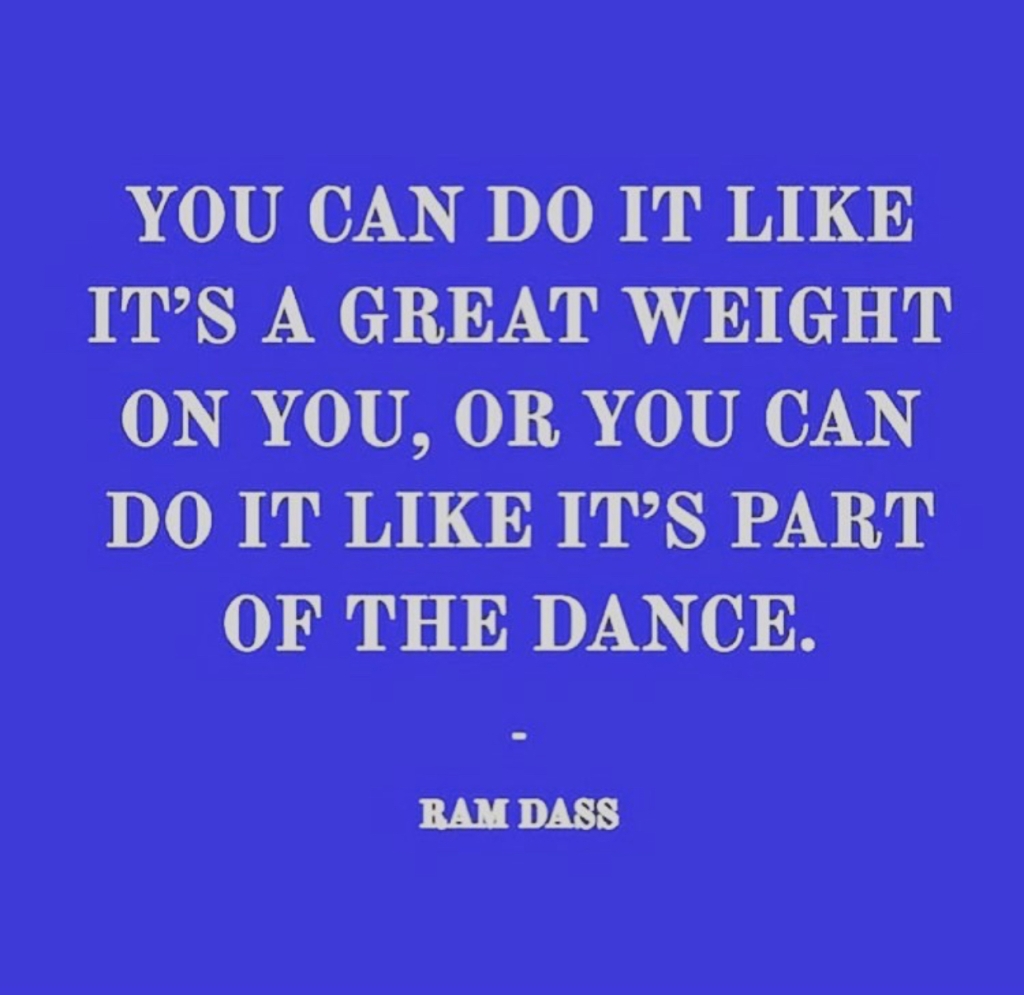
We’ll get through this – together x
Craigmillar Castle
I walk through Craigmillar Castle Park regularly and I love it. The woodland paths and parkland around Craigmillar Castle are peaceful and magical with a quiet sense of the history and spirit that it is steeped in.

The castle itself, dating back to the early 14th century, sits radiant atop a rocky 9 metre precipice and retains the peaceful air of the rural retreat it was known as in 1560’s when Edinburgh nobility, and even Mary Queen of Scots, sought haven here.
Known as Edinburgh’s ‘other castle’ it is thought by some to be the best example of a medieval castle surviving in Scotland. The Preston family, and successive generations built, and then added onto, the Tower House until it was sold to Sir John Gilmour in the 17th century.
In this beautifully preserved, ruined stronghold we find an amalgam of architectural styles soaked in a long history.
I have visited this castle many times and my children have fond memories of exploring the many winding staircases leading to a variety of chambers and halls, clambering to the top of the tower, having birthday picnics in the grounds and running between the two yew trees that frame the entrance to the courtyard. It is thought that the trees were planted in honour of Mary, during one of her residencies.
From the top of the tower you can take in wonderful views of Edinburgh’s Old Town skyline, the Pentland Hills, the Firth of Forth and over to Fife. Also you can see the area that became known as Petite France (Little France) named by locals after Mary Queen of Scots’ mainly French entourage, who would camp half a mile away in the valley below the castle when she was in residence. The fact that locals gave the area this name may highlight how frequent and lengthy her visits were.
Directly across from Craigmillar Castle you can see it’s big cousin, Edinburgh Castle. I heard a lot of stories about the Scottish Queen as a child and I still like to imagine Mary, Queen of Scots and her courtiers travelling through the then rural landscape of fields, woods and parkland between the two castles on horseback, in carriages and on foot.
This site has such a rich history yet it is the least visited tourist site in Edinburgh. This does make me sad but I also recognise that when it comes to ceremony, this tranquil, unhurried space offers such wonderful potential to couples and families. Intimate ceremony and ritual can be created which embraces the calm, quiet mood while weaving the history of the castle and the story of the couple or family together.

With permission very small ceremonies or elopements could take place anywhere in the grounds but The Great Hall can host a ceremony for around 60 people. It is a majestic, yet somewhat intimate space accessed via a spiral staircase. The hall, in all its stone and vaulted ceiling glory, can be softened with a red carpet and candlelight but today, that wasn’t needed because what caught my attention was the quality of the luminous winter light that shone into the hall.

That soft, ambrosial light that winter brings to Scotland followed us throughout our visit today just as the friendly resident cat did.
Ripe for Ritual
It felt very odd not switching the Christmas tree lights on this morning. I missed it. It’s a small ritual that I have carried out daily over the last three weeks or so – before the main ritual of making coffee.

We have all just moved through a period in the year that is riddled with repetitive actions. Whether based on religion or not, old or new, loved or despised, traditions and rituals underpin the festive period for many of us. A recent radio discussion inspired me to reflect a little on the need for us as humans, and as families, to create and have rituals. Think about all the things, events or actions in your family, your life, your group of friends and your community that are, or have become traditions. They may have developed organically or have been generated with a purpose in mind. For generations families and communities have created their own traditions & rituals. They have all got to start somewhere.
Over the last year the value of ritual and ceremony to serve a purpose has become rather prevalent in my life due to the various paths I am following and activities I have been undertaking. At a recent celebrant retreat we explored the skill of holding space for ancient ritual and traditional ceremony, but also the skill of collaborating and creating ceremony for any occasion. Life is ripe for opportunities for ritual.
So, what could be more suitable occasion for ceremony than the opening of a new yoga studio. Lane Yoga is a wonderful community focussed inclusive yoga studio based in Leith, Edinburgh created by Moira MacFarlane and Helen Gillespie.

I was honoured to be asked to collaborate, write and choreograph a ceremony which was to be incorporated into a free community yoga class that was planned for the opening weekend. We decided to base the ceremony on the cardinal directions and create a ritual based on each of the elements associated with them.
The idea was that everyone present would be taken on a journey around the space. They would be introduced to the cardinal direction and it’s associated element with some words from me. They would then take a moment to ponder each element and support the positive intentions being conjured by the creation of the studio and the space with a thought, a merit or a blessing. Each cardinal direction was represented by an invited member of the Lane Yoga community. In turn they each performed a small ritual based on the elements associated with the direction accompanied by the beautiful sounds of a singing bowl.
We began in the East, where the sunrises and considered Air, the invisible element that can be lively or still. With this element, just as with a sunrise, we can find the dawn of new ideas or the light of new beginnings.
Moving South we explored the element of Fire. In this context we considered fire as a beacon of life, offering renewal, success and abundance.
Turning West we contemplated Water. Lane Yoga is next to the Water of Leith and close to the Firth of Forth. We were reminded of the stability and presence of the ever moving river and sea.
Finally to the North where we considered the solidity and generosity of the Earth element.

All the ritual elements were gently passed by the yogis to the Pūjā in the centre of the room. A Pūjā altar is a dedicated space where you can make an offering, show respect and set intentions.
The ceremony was rounded up by offering time to reflect on the collective message of support we were all offering Lane Yoga and encouragement to dedicate positive thoughts, love and merit to the space, to Moira and Helen, to everyone present and the wider community. We then flowed into a wonderful yoga practice followed by a gathering and refreshments.
Our little elemental ceremony had the ability to support everyone present to move away from their ordinary lives just for a few moments, just as a yoga practice can do, and bring their hearts and focus to themselves, the space and to the intentions of Helen, Moira and the Lane Yoga community.
Just like yoga, ritual can return you to what matters.
Language – is what we do more important than what we say?
If you’ve been following my blog you will know that I am a midwife and a celebrant. Over the last few years, while weaving the threads of both practices through my life, I have discovered so many parallels. One of the comparable areas, that I couldn’t help noticing quite quickly, is language and specifically the use of the word my.
In early 2018 the British Medical Journal published a blog which explored language used in maternity care. The authors put together an alternative language guide for midwives and medical staff and, of course, the media picked up on this with headlines in UK newspapers stating that midwives were “BANNED” (sic) from using certain terms because they could be disrespectful to women.
Well, as you know you can’t ban people from using certain words and language but you can inspire people to reflect on their communication and the words and language they use.
This discussion is not new to the maternity services. Midwifery language and communication has been researched and written about repeatedly. There is still one specific area we can’t quite agree on though – what we call the women we care for:

Patients – could be disempowering, the majority of pregnant women are not sick but well and healthy, they just happen to be pregnant. Ladies – is thought of as patronising. Clients – more suited to hairdressers and therapists. I have even heard midwives call women ‘birds’, or sometimes just ‘Room 8’ or whatever room/bed number the midwife is assigned to.
Personally, I call a woman I care for by her name.
For me what is even more irksome is when midwives talk about ‘my lady’ or ‘my woman’. The woman doesn’t belong to anyone and this kind of language is paternalistic. How we frame things, how we say things influences how we practice, what we do and ultimately how we treat people.

I have noticed a similarity in the ceremony sector with celebrants, photographers and suppliers often talking about ‘my couple’. Even though this is very likely unconscious and well intended it is the kind of language that has the ability to disempower and can influence a relationship. The individuals that make up a couple don’t belong to anyone. No one owns the two people who, may function socially as a unit but, are individual autonomous adults and decision makers.
In our work and practice as celebrants we must promote working in partnership and recognise we are not owners but facilitators. Our language should regard and respect the current social norms, expectations and rights of the people we work with.
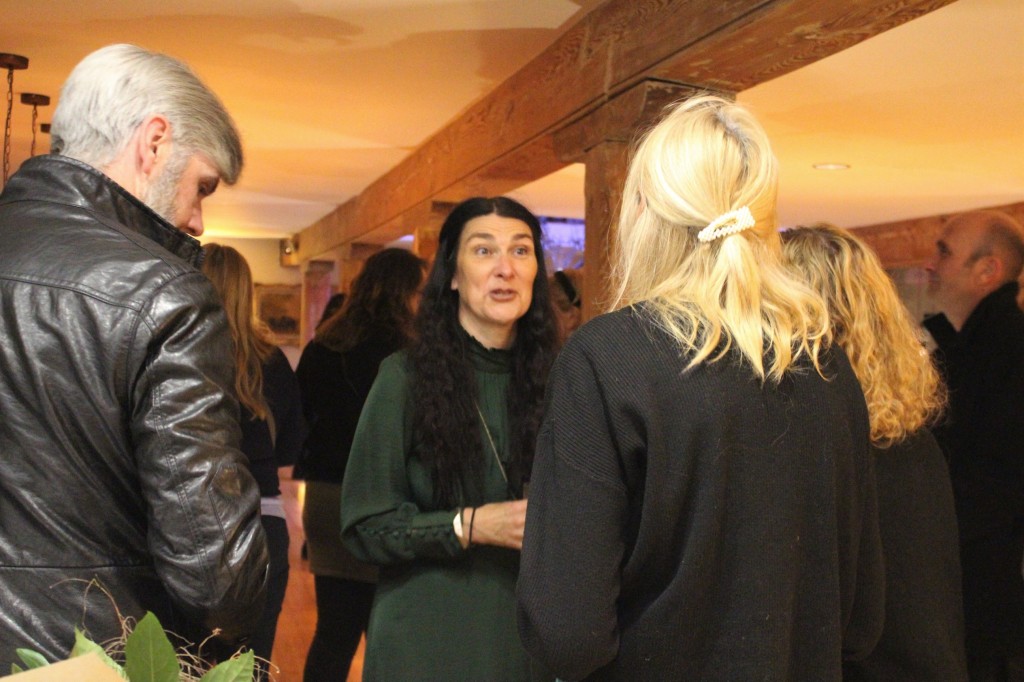
I know that in the past I have slipped into the negative terminology that dominates the culture I work in & failed to appreciate the impact my words have had, but after many years working with women, couples and families I feel I know I have made a shift and on the whole I am now mindful of the language I use. That shift came with self-awareness, reflection and a fundamental belief in respecting individuals, choice and equality.
Start reflecting on the language you use, the words you utter and type and make a shift if need be. It is not difficult to make the language we use about, and around, couples and families appropriate and respectful.
Changing the way we think can change our words and changing our words can change our way of thinking.
